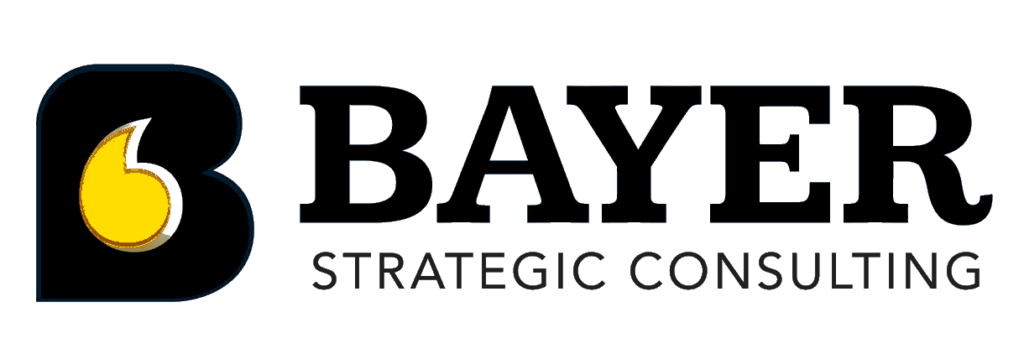Overview
In this episode of When Science Speaks, Mark Bayer introduces Dr. Natalia Bielczyk, a career advisor, neuroscientist, author, and blogger, as they discuss how to find a dream career and the changing job market for PhDs.
Dr. Bielczyk shares her personal experience of transitioning from academia to entrepreneurship and provides valuable advice to PhD graduates who struggle with their career path.
From identifying natural abilities to finding a large organization with growth opportunities, Dr. Bielczyk provides actionable steps to success.
The podcast wraps up with a discussion of luck in career development and the importance of authentic connections.
Timestamps of Major Topics
[00:00:09] When Science Speaks” with Dr. Natalia Bielczyk
[00:03:39] Challenges faced by PHDs outside academia
[00:07:14] Navigating Money and Career Paths as a PhD Graduate
[00:10:40] Ontology of Value Tests for Career Advancement
[00:14:33] Career paths for PhDs after the AI revolution
[00:18:09] The Role of Luck in Career Development
Resources Mentioned in the Episode:
Natalia’s website: https://nataliabielczyk.com/
Ontology of Value: https://ontologyofvalue.com/
Natalia’s YouTube Channel: https://www.youtube.com/@OntologyofValue
Key Quotes
[00:07:53] PhD graduates typically have a lot of general competence.
00:10:56] You have to focus on yourself and building a skill set that’s more than publication records
[00:17:59] You have to be very open and vocal about what your strengths are. Offer your help to other people and that’s how you build your personal brand. It will not help happen overnight. But this is exactly what your professional future will be. You have to be known for who you are.
[00:09:51] Statistics don’t lie – your chances of staying in academia are so slim, that would be just very risky.
[00:17:29] I think after all, you really have to focus on yourself and what you’re good at and how to communicate it on social media, in person, but also in this meso scale level, so through communities. So you have to really, more than ever, be a good networker and establish your values, establish your core competencies, and and just vocalize them.
[[00:16:11] Then I would probably choose a large organization, and I would make sure that on my career path, I open myself doors to manage people because this is something, obviously, you can build a bot to manage, but that’s not the gist. That’s not the core of management. That’s not how it works because people really want to work with people.
